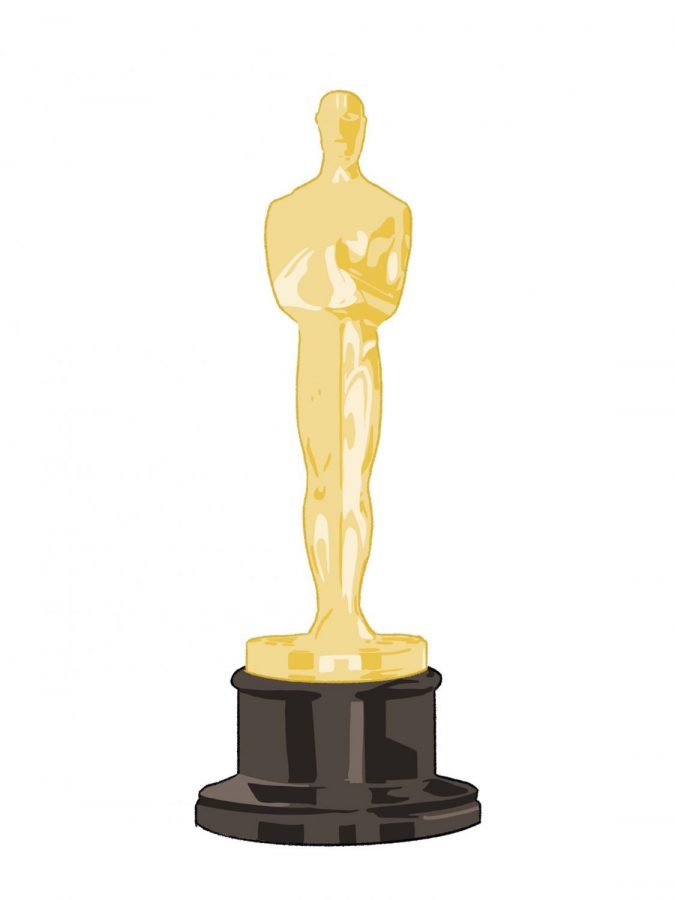It’s kind of weird and awful that any firsts are still happening, right?
The 2021 Oscar nominations were announced on Monday, March 15. There are a lot of notable ‘firsts’ in many categories — Steven Yeun is the first Asian-American to be nominated for Best Actor. Riz Ahmed is the first Muslim nominee for Best Actor. It’s also the first year that two Asian actors, Yeun and Ahmed, are nominated simultaneously (…which follows, since none have ever before!). “Judas and the Black Messiah” saw the first all-Black production team to be nominated for Best Picture. Two women were nominated for Best Director for the first time.
I want to celebrate these things and call them progress. I have been rooting all year for many of these nominees and I’m happy for the creative teams, for the artists, that made these things possible. But I can’t help but feel my face contort when I hear or read that any of these things are happening for the first time.
It’s Women’s History Month, and as a woman myself, I have to say I was particularly focused on the Best Director category and certainly satisfied at first glance with the results. Chloe Zhao was nominated for “Nomadland,” a film nominated for a total of six Academy Awards, and Emerald Fennell for “Promising Young Woman,” which received five nods.
I was a bit taken aback when reading about these nominations. NBC ran an article describing the list as “where diversity shines.” Entertainment Weekly discussed the Academy meeting their “diversity goals,” likely in the same tone that the Academy used themselves as if there were a threshold and once they met their quota, everyone could relax.
Maybe I’m too cynical, but I don’t think I’m alone. Diversity is a big buzzword in America, especially in the film and TV industry. I don’t think looking at diversity the way it is often discussed is actually going to fix anything. The problem at hand isn’t necessarily a lack of diversity, but a lack of representation.
My friends and family are growing weary of my talking about this issue, but I’m only reinforced by all of the records being broken this year. The very first Academy Awards were given in 1929, where Warner Brothers was given an honorary award just for producing “The Jazz Singer.” It was the first full-length sound and picture film which starred Al Jolson in blackface.
There has undoubtedly been change in America since then, but the fact that the awards — which celebrate film as art, a reflection of culture, thinking and creative inspiration — are only JUST NOW, nearly a century later, understanding and recognizing the achievement of some gender minorities and some ethnic minorities should be very, very uncomfortable.
I knew it would be a complete botch if the Academy didn’t recognize Yeun for “Minari.” I was, and still am, thrilled that he was nominated (and Youn Yuh-jung, whose performance I noted in my review of the film!). I love that Zhao and Fennel were both nominated, as women directors have too often been overlooked after a long struggle to even get their films made. I hope very soon we’ll get a long-overdue nomination for a Black female director (or two, or three). When that record is broken, it will still be bittersweet, but at least for me, the longer it ferments, the more bitter it gets.
It’s very exciting for the artists as individuals. When talented and hardworking teams are recognized for their achievements, regardless of ethnicity or gender identity, it should be celebrated — I’m certainly not implying that the nominations should be dampened by this. It should be a smear on the Academy and a shameful reflection of how money and power in Hollywood have, for too long, honored only the perspectives that kept it comfortable. Especially as it continues to do so.
Emily Forschen is a junior studying journalism and film. Follow her on Twitter @emilyschen.













